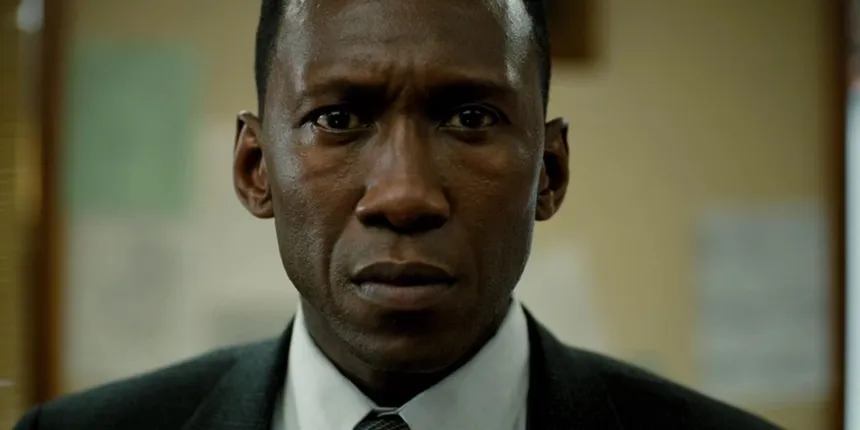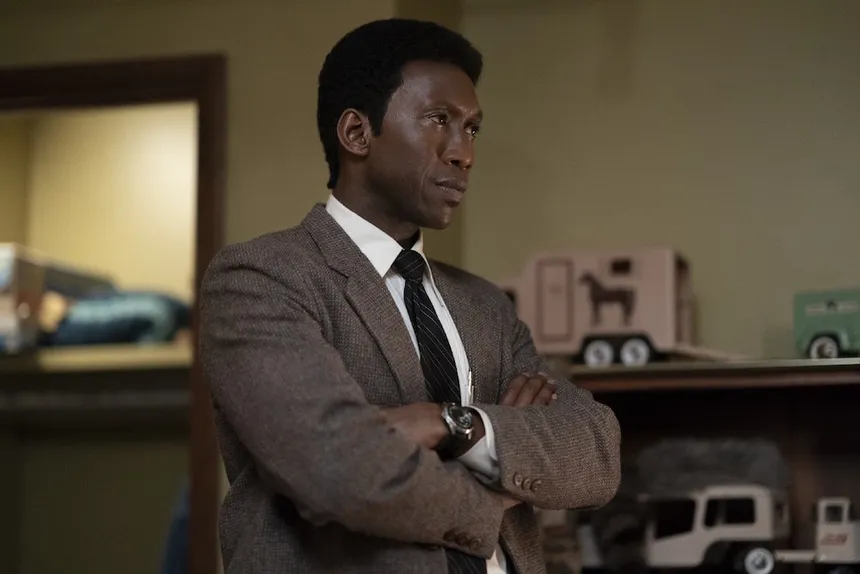Season 3 of True Detective was a game-changer for the franchise. After a disappointing second season, creator Nic Pizzolatto, with a newfound sense of focus, brought the show back to its roots. This season, Pizzolatto achieved what could be considered the perfect blend of simplicity and complexity. The story follows Wayne Hays, a Northwest Arkansas cop investigating the disappearance of two children in 1980. The narrative is split between three timelines: 1980, when the crime unfolded, 1990, when the case was reopened, and 2015, when a retired Hays, struggling with early-onset Alzheimer’s, is being interviewed about his involvement in the case.
Mahershala Ali’s performance as Hays is exceptional, bringing depth and complexity to the character. Despite having three distinct stages of his life, each timeline defines his life, and you’ll find yourself drawn to his plight. Stephen Dorff and Scoot McNairy shine as supporting cast members, bringing levity and real human emotion to the story.
While the series has its flaws, the emphasis on the families of those being investigated is a notable departure from previous seasons. Hays’ family, particularly his wife Amelia Reardon, was given welcome attention, but could have benefited from more screen time.

A Still From The True Detective (Via IMDB)
Critically, Season 3 is widely acclaimed, even surpassing the first two seasons. Ali’s performance is often cited as better than Matthew McConaughey’s Rust Cohle. However, his heartbreak is the true takeaway, and Hays, as a character, comes remarkably close to beating Cohle.
Pizzolatto’s departure from the show after Season 3 marks an end to his creative reign, but future installments will likely benefit from his rediscovery of focus.
























